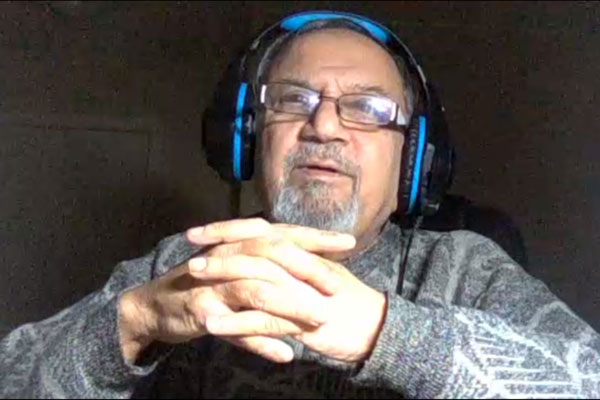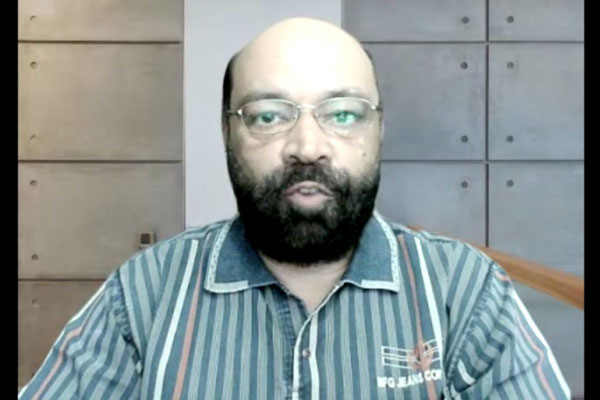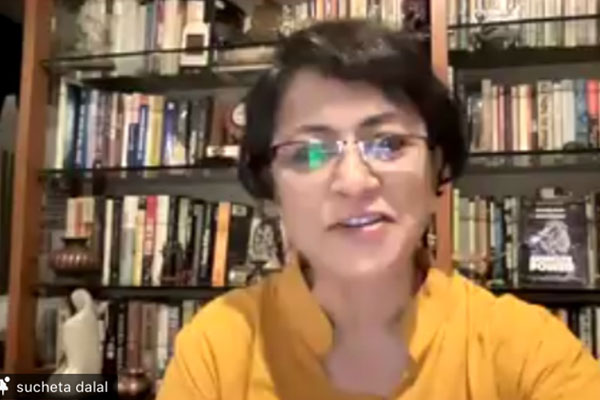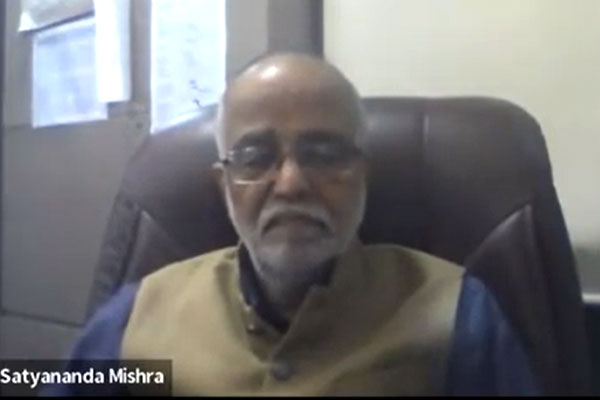
“During my tenure in the Multi-Commodity Exchange (MCX), I used to ask my colleagues, why should they not provide information to the people under the Right to Information (RTI) Act? If information is all that is being asked for, as long as it is not revealing the business secrets of your stakeholders, shouldn’t it be given? There are many types of information that exchanges should disclose freely, and it would only add to their stature. I don’t understand why there is a reluctance to give such information. Perhaps citizens ought to try a more proactive approach,” says Satyananda Mishra, an officer from the Indian Administrative Services (IAS) and former chief information commissioner. He was responding to a question asked by Sucheta Dalal, founder trustee of Moneylife Foundation at the 7th ‘Conversations on RTI with Shailesh Gandhi.”
Regulatory bodies such as Securities & Exchange Board of India (SEBI) and Reserve Bank of India (RBI) and even the stock exchanges are notoriously averse to disclose information under the RTI Act. Some even go so far as the High Court or Supreme Court to obtain orders in their favour to withhold information. This has been seen in RBI’s continued reluctance to disclose information about routine inspection reports of banks, which should ideally be made available in the public domain.
Mr Gandhi, former central information commissioner, asked Mr Mishra for his opinion on RBI’s continued non-compliance of even Supreme Court orders. The former chief information commissioner succinctly replied, “the law is a social contract between the executive and the citizens. Only when the executive and the citizens are on the same page can the law be implemented effectively. On this matter, while the citizens are on one page, the executive is on another. Even the judiciary believes themselves to be above the law, with the sense of entitlement thinking, who are these people to question us? When matters extend to such levels of disarray, it is no wonder that SC orders are not being compliedwith.”
The session, a video recording of which is available on Moneylife Foundation’s YouTube Channel, was a very candid and open conversation between two former information commissioners on the RTI Act’s progress over the years since its enactment and the problems its users face today.
Speaking about the 16-year-long journey of the RTI Act, Mr Mishra commented, “When I was in the government and an RTI application would come, you had that sense of irritation as a public information officer (PIO), that how come these people are asking such questions? It was only after retirement, when I joined the Central Information Commission (CIC) that I realised that this was a law better understood by retired personnel rather than by those actively serving in the government. Unfortunately, the flawed thinking that the RTI Act gives away too much freedom to the user, is still prevalent in governmental bodies and public authorities. While the RTI Act has seen its highs and has reached its peak, some would now say that it has been all downhill in recent years.”
Mr Gandhi, who has been involved with RTI since its enactment as both an information commissioner and an activist, says, “from my perspective, the downward trend can be blamed on the fact that the Act has been adjudicated very badly. RTI Act, one of the best laws in the world, is being adjudicated in a manner that distorts the law passed by the Parliament. The law that we drafted initially, it is no longer that law. Words have been given meanings, which the law cannot ever intend and various adjudicators have done this.”
During his tenure as the chief information commissioner, Mr Mishra passed a landmark order stating that political parties should disclose information under the RTI Act. Still, it is yet to see practical implementation. “The party, which was in power when this order was passed, did not agree to implement it. The party, which succeeded them, also declined to do so. When the people went to the Supreme Court, the case was remanded back to the CIC. The court could have passed an order, as it has in previous such cases. But it failed to do so. Citizens are not asking for some secret information. They would probably want to know what kind of contributions are being received and how they are utilised. I fail to see why such information cannot be made public,” he explained.
The discussion between Mr Gandhi and Mr Mishra continued further on the election and appointment of information commissioners and whether there should be criteria laid down in the law. Mr Gandhi is perhaps the last and the only information commissioner who was also an activist, while most individuals appointed to the position have been bureaucrats.
Commenting on the fact whether more information commissioners should be activists, Mr Mishra said, “As far as bureaucrats being named as information commissioners, I agree with (Mr Gandhi) on some levels. Probably 90% of commissioners across the country are bureaucrats. As a former civil servant myself, I may be a bit prejudiced, but I think civil servants by themselves are not bad information commissioners. Only when they think of themselves as being in the government and in awe of the government, thinking that they have to return the favour to the government for electing them as an information commissioner, does the problem arise. We have good examples like Wajahat Habibullah, first chief information commissioner. But by and large the examples have not been very good. I agree that more RTI activists who are balanced and would weigh the pros and cons of things before passing an order, would lend legitimacy to the commission.”
Throughout the session, Mr Mishra spoke very candidly on matters related to the RTI Act and his experience as an information commissioner. While the session was attended by several people on Zoom, many others watched it live on Moneylife Foundation’s YouTube and Facebook channels.
A video recording of the session is available on YouTube:





